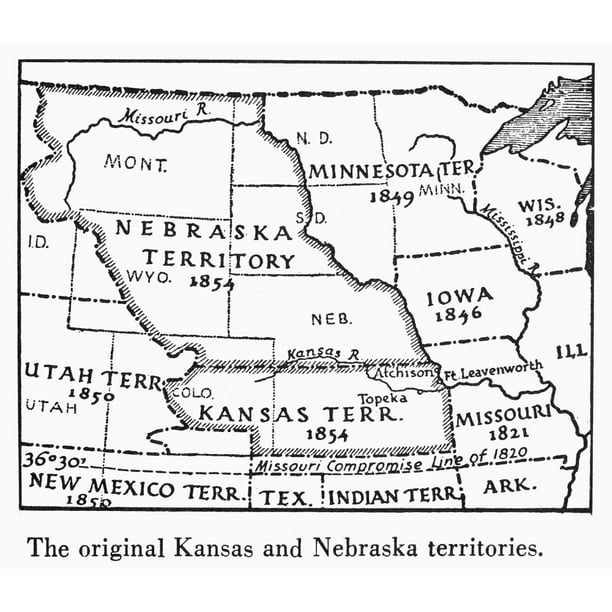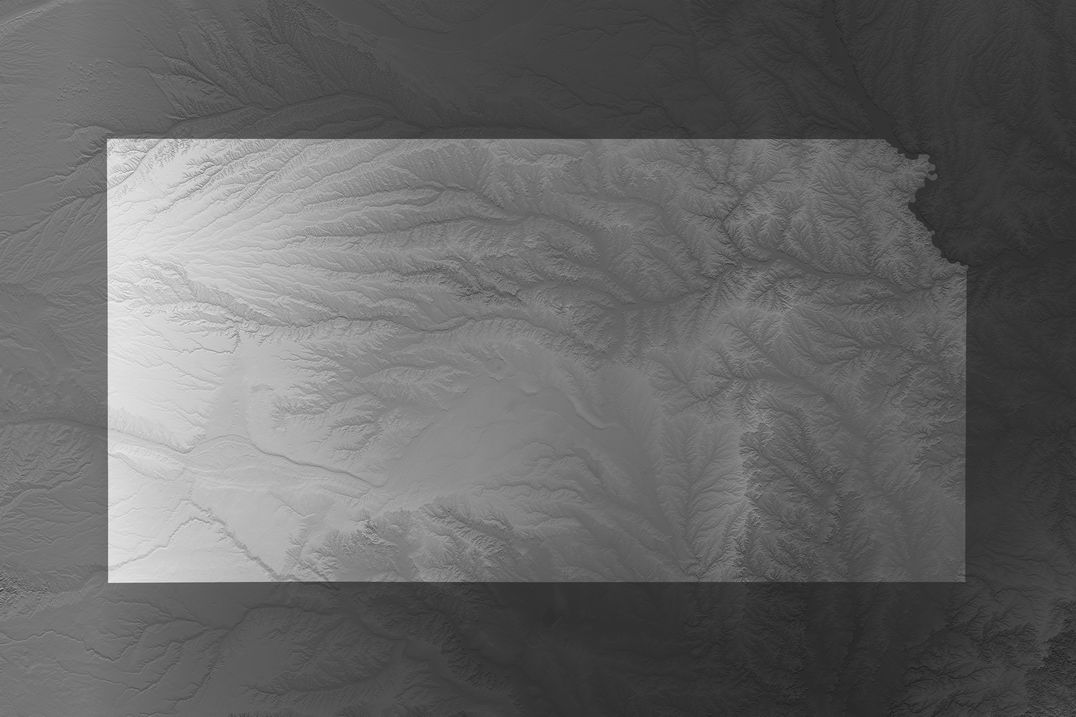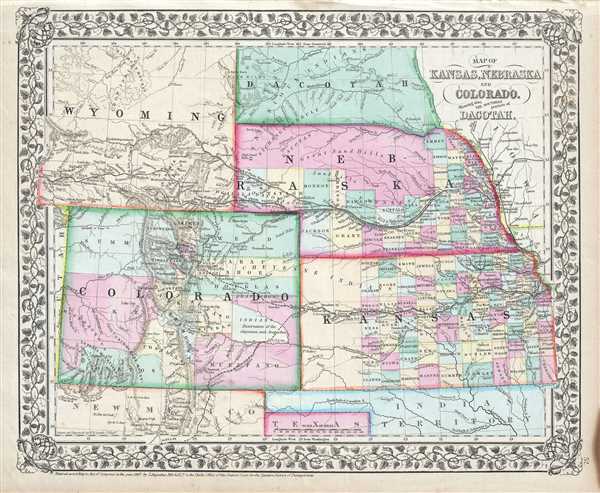The intricacies of the Map of Nebraska and Kansas weave a rich tapestry of history, geography, and culture. These maps are not merely navigational tools but vivid illustrations conveying the evolution of the American landscape, specifically during significant historical moments.
Historical Context of the 1854 Map

This striking 1854 map delineates the territories of Nebraska and Kansas, demonstrating a period marked by westward expansion and the burgeoning conflict over slavery. The lines etched on this map reflect more than mere borders; they encapsulate the fervor of the time, as settlers sought new opportunities amidst burgeoning tensions.
Modern Interpretation

In contrast, modern maps serve as a lens through which one can explore the present-day landscapes of Kansas and Nebraska. This representation captures the itineraries of contemporary travelers, offering insights into the charming provincial cues and the vast agricultural territories that characterize both states.
Artistic Renderings

This artistic rendition exemplifies the beauty of cartography as an art form. Refined details juxtaposed with vivid colors create a stunning visual that celebrates the unique characteristics of both regions. Such creations invite viewers to contemplate the narratives hidden within the terrain.
Cartographic Simplicity

Maps are often praised for their simplicity, and this illustration embodies that concept, offering a bird’s-eye view of Nebraska’s distinct geography. Ideal for educational purposes, it succinctly informs while fostering an appreciation for the plains and hills that delineate the landscape.
The Interconnectedness of Regions

The 1867 map unifies Kansas and Nebraska, presenting a cohesive image where past and future collide. This cartographic effort is not merely about spatial relations; it signifies the interconnected stories of settlement and migration. Each marked location serves as a testament to the lives that have traversed these paths.
In summary, exploring the Map of Nebraska and Kansas unveils a spectrum of narratives woven through time. Whether examining historical maps, artful interpretations, or straightforward representations, one gains insight into the evolving identity of these two remarkable states.
